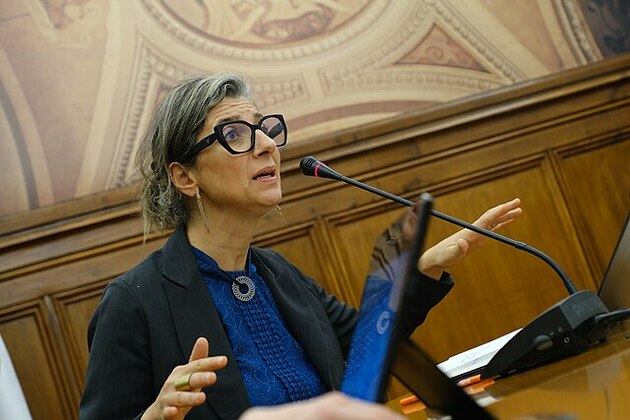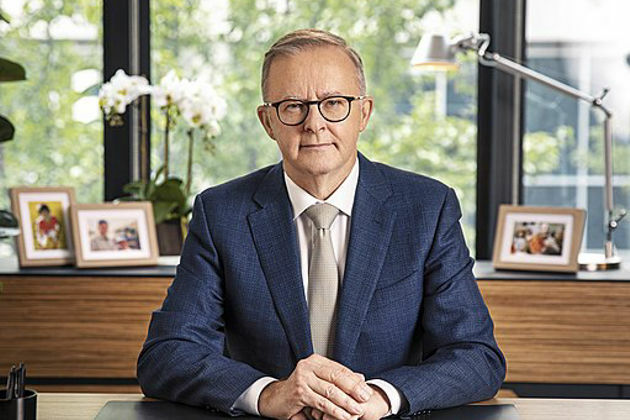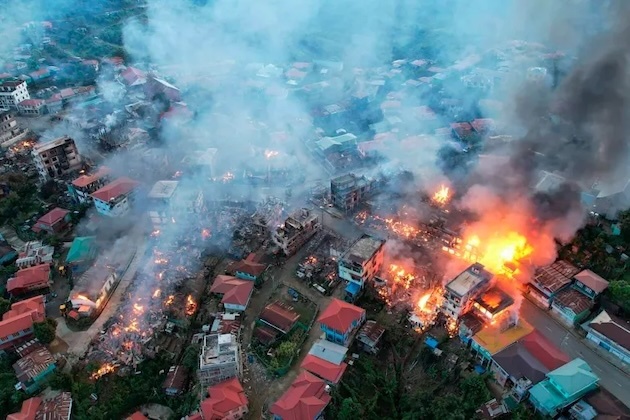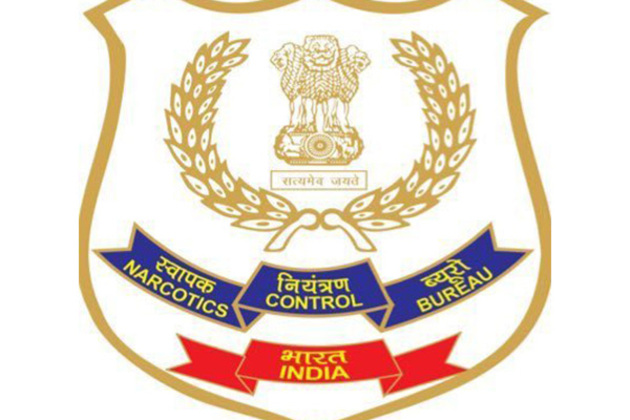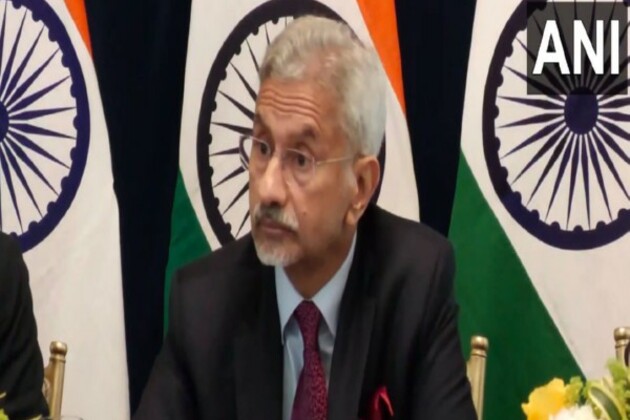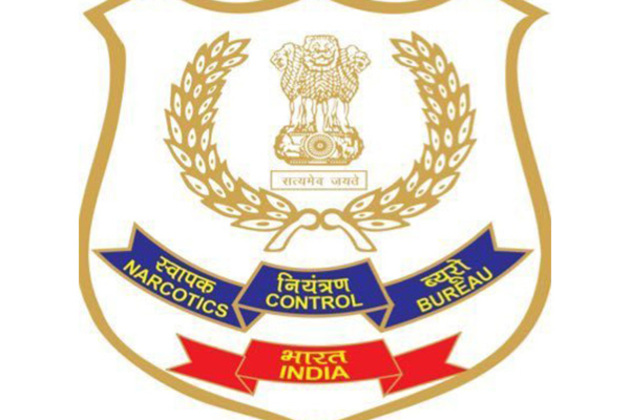How Ecuador's Democracy Is Being Suffocated
Vijay Prashad and Pilar Troya / Globetrotter
01 Oct 2020, 11:57 GMT+10
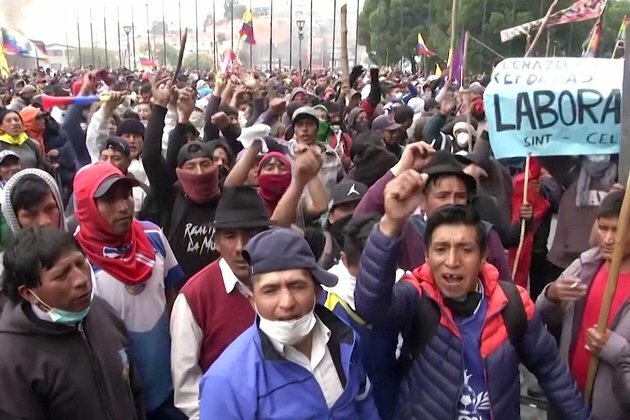
A recent poll showed that if Andres Arauz Galarza were allowed to run in Ecuadors presidential election of 2021, he would win in the first round with 45.9 percent of the vote. The pollsters found that Arauzwho was the minister of knowledge and human talent from 2015 to 2017wins across all the social strata and regions of the country, with a slight weakness among the richest voters in the country.
Andres Arauz entered policymaking and government when Rafael Correa was the president of the country, from 2007 to 2017. A stint at the Central Bank led to a career in the planning department (SENPLADES), before Arauz became a minister in the last two turbulent years of Correas government. There was not a whiff of corruption or incompetence around Arauz in his decade of service; when Correa left office, Arauz went to Mexico to pursue a PhD at the National Autonomous University of Mexico (UNAM).
Far behind Arauz in the polls is Guillermo Lasso Mendoza, the candidate of the right. Lasso, who is a wealthy banker, had run against the current President Lenn Moreno in 2017 but lost. He is the consensus candidate of the right wing, which cannot seem to advance his standing in the polls. He sits frozen at 32 percent.
Those polled said that Arauz was by far the most attractive candidate. But, if the ruling bloc in Ecuador has its way, Arauz will not be sworn in as the next president of the country next year. They will use every means to suffocate democracy in their country.
Correa and Moreno
The government of Rafael Correa, who is now living in Belgium, attempted to move a broadly left agenda while in office from 2007 to 2017. The Citizens Revolution that Correa led passed a progressive constitution in 2008, which put the principle of good living (buen vivir in Spanish and sumak kawsay in Quechua) at its heart. Government investment to strengthen social and economic rights came alongside a crackdown on corporate (including multinational) corruption. Oil revenue was not parked in foreign banks, but used to invest in education, health care, roads, and other basic infrastructure. From Ecuadors population of 17 million, nearly 2 million people were lifted out of poverty in the Correa years.
Correas government was anathema to the multinational firmssuch as the U.S.-based oil company Chevronand to the Ecuadorian oligarchy. Chevrons dangerous case for compensation against Ecuador, brought before Correa took office, was nonetheless fiercely resisted by Correas government; the Dirty Hand (Mano Negra) campaign put enormous international pressure against Chevron. Chevron worked closely with the U.S. embassy in Quito and the U.S. government to undermine Correa and his campaign against the oil giant. Not only did they want him out, but they wanted the political tradition of the leftcalled Correistas by shorthandout as well. Moreno, who was once close to Correa, switched sides and became the main instrument for the fragmentation of the Ecuadorian left.
In the election of 2017, Moreno defeated Guillermo Lasso, who is running again in 2021. But, within a short time, Moreno sharply moved rightward. He worked closely with Lasso in the National Assembly to undermine each advance made by the government of Correa. They defunded education and health care, withdrew labor rights and rights to housing, wanted to sell off Ecuadors refinery, and deregulated parts of the financial system. A consequence of these policies has been Ecuadors appalling response, including accusations of deliberateundercounting, to the COVID-19 pandemic.
Attack on the Correistas
Moreno and his right-wing allies needed to inoculate themselves from any criticism. They went on a frontal attack against the Correistas.
The first battleground was to fragment the Correista political organization and to deny the Correistas a political platform. A February 2018 referendum was barreled through the country that allowed the government to destroy the democratic structures of the Consejo Nacional Electoral (CNE), the Constitutional Court, the Supreme Court, the Judiciary Council, the attorney general, the comptroller general, and others. With the assistance of the CNE, Moreno divided and took control of Correas party, the Alianza Pais.
When the Correistas tried to regroup and form a party, the institutions of the state blocked them. They said that the proposed names were misleading or that the signatures collected were invalid. By 2019, the Correistas used the Fuerza Compromiso Social platform to run for local elections in 2019. This platform was then banned in 2020.
In Brazil, the oligarchy prevented former president Lula from contesting the 2018 election; that process resulted in a new concept, lawfareusing the law as a political instrument. The same sort of lawfare was used in Ecuador to ensnare Correa and to prevent him from running for office. Correa was accused of briberywith the bizarre notion of psychic influence (influjo psquico) at the root of the case. The eight-year sentence inflicted upon him prevented him from running for office in Ecuador; that he was in Belgium meant that he could not, however, be arrested and imprisoned.
Election of 2021
The Correistas, using their platform of Union for Hope (Unin por la Esperanza), made an alliance with the Movimiento Centro Democrtico to be able to run a candidate for the presidential election of 2021. Arauz won the primaries and was nominated as the presidential candidate. The party decided to have two vice-presidential candidatesboth Correa and Carlos Rabascall.
The CNEs president Diana Atamaint indicated that the CNE would disqualify Correa from the ballot, and even suggested that Arauzs candidacy is illegal as a consequence of having Correa as his running mate. Matters are at a stalemate, as lawyers scurry about trying to find a solution to this crisis. The CNE has until October 7 to fix the matter. The first round for the election is on February 7, 2021.
Vijay Prashad is an Indian historian, editor and journalist. He is a writing fellow and chief correspondent at Globetrotter. He is the chief editor of LeftWord Books and the director of Tricontinental: Institute for Social Research. He is a senior non-resident fellow at Chongyang Institute for Financial Studies, Renmin University of China. He has written more than 20 books, including The Darker Nations and The Poorer Nations. His latest book is Washington Bullets, with an introduction by Evo Morales Ayma.
Pilar Troya is a researcher at Tricontinental: Institute for Social Research. She is an Ecuadorian anthropologist interested in the feminist movement and social public policies, especially concerning gender equality. She served as a member of the board of Ecuador's former Women's National Council (CONAMU), an adviser to the Ministry of National Planning, and an adviser and deputy minister in the Ministry of Higher Education, Science, and Technology.
 Share
Share
 Tweet
Tweet
 Share
Share
 Flip
Flip
 Email
Email
Watch latest videos
Subscribe and Follow
Get a daily dose of Perth Herald news through our daily email, its complimentary and keeps you fully up to date with world and business news as well.
News RELEASES
Publish news of your business, community or sports group, personnel appointments, major event and more by submitting a news release to Perth Herald.
More InformationInternational Business
SectionOver 60 companies named in UN report on Israel-Gaza conflict
GENEVA, Switzerland: A new United Nations report alleges that dozens of global corporations are profiting from and helping sustain...
Persson family steps up H&M share purchases, sparks buyout talk
LONDON/STOCKHOLM: The Persson family is ramping up its investment in the H&M fashion empire, fueling renewed speculation about a potential...
Shell rejects claim of early merger talks with BP
LONDON, U.K.: British oil giant Shell has denied reports that it is in talks to acquire rival oil company BP. The Wall Street Journal...
Trump-backed crypto project gets $100 million boost from UAE fund
LONDON, U.K.: A little-known investment fund based in the United Arab Emirates has emerged as the most prominent public backer of U.S....
Australian PM rejects US pressure to ease biosecurity rules
SYDNEY, Australia: Australia will not ease its strict biosecurity rules during trade talks with the United States, Prime Minister Anthony...
Microsoft to lay off nearly 4% of its workforce
Washington DC [US], July 3 (ANI): American tech giant Microsoft will lay off nearly 9,000 employees, about 4 per cent of its workforce...
Australia
SectionUN Demands End to Myanmar Violence as Junta’s Election Plans Risk Further Instability
Nearly three months after a devastating earthquake struck Myanmar, the country remains trapped in a deepening crisis, compounded by...
Fresh IVF error raises alarm over clinic safety and oversight
MELBOURNE, Australia: A second embryo mix-up in just two months has pushed one of Australia's largest IVF providers back into the spotlight,...
Australian PM rejects US pressure to ease biosecurity rules
SYDNEY, Australia: Australia will not ease its strict biosecurity rules during trade talks with the United States, Prime Minister Anthony...
NCB busts global drug cartel using encrypted apps, crypto and B2B platforms
New Delhi [India], July 4 (ANI): In one of the largest crackdowns on the illegal pharmaceutical trade, the Narcotics Control Bureau...
"Issue of great concern": Jaishankar on South China Sea
Washington DC [US], July 3 (ANI): External Affairs Minister S Jaishankar said that the South China Sea was discussed during the Quad...
NCB busts global drug cartel, eight arrested
New Delhi [India], July 3 (ANI):Union Home Minister Amit Shah has congratulated the Narcotics Control Bureau (NCB) and all agencies...

